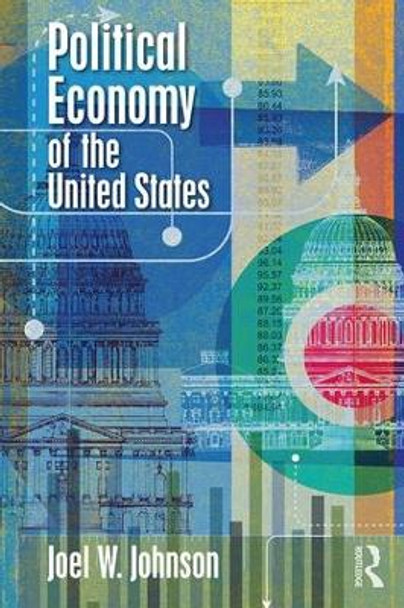Description
How have the policies of recent administrations shaped today's economy? To what extent has federal policy contributed to growth in income inequality? Why have the parties become so polarized and how has polarization influenced economic policy? This book provides an introduction to the contemporary political economy of the United States. It examines the politics of economic policymaking, the influence of federal policies and programs on the economy, and the co-evolution of politics and the economy over the past five decades. Along the way, it explains the causes and consequences of many contemporary phenomena, such as the government's deficits and debt and the ideological polarization of the parties.
The book is divided into two parts. The first half explains how America's political economy "works." It explains what the federal government does, why it does what it does, and how its policies influence the economy. The second half explains "how we got here" with a review of major political and economic developments since the 1970s, all the way up to the early years of the Trump Administration. This weaving together of theory and history provides both the tools and the context so that readers can properly understand the nation's current-day politics and policy debates.
About the Author
Joel W. Johnson is Associate Professor of Political Science at Colorado State University-Pueblo, where he has taught since 2010. He received his doctorate in Political Science from the University of California, San Diego in 2009. His research focuses on political institutions and political economy in developed and developing democracies. His work has been published in The Oxford Handbook on Electoral Systems and journals such as Comparative Political Studies, Electoral Studies, and The Journal of Politics in Latin America.
Reviews
"Political Economy of the United States delivers a balanced, thorough, and lucid assessment of the complex reciprocal relationships between America's economic and political systems. Johnson's masterful synthesis is nuanced and sophisticated but presented in a style fully accessible to undergraduates. It would make a perfect complementary reading for the introductory American politics course." - Gary Jacobson, Distinguished Professor of Political Science, Emeritus, University of California, San Diego
"Even as government has expanded, the economy has become more unequal, and economic policymaking has become more polarized, we have lacked an accessible, readable, and comprehensive introduction to the interaction between government and the economy in the United States. Until now. Political Economy of the United States instantly becomes the definitive text on this vital, timely, and fascinating topic." - Jacob S. Hacker, Stanley B. Resor Professor of Political Science, Yale University
"Political Economy of the United States shines a new and important light on the political dynamics that shape the American economy, warts and all. By highlighting the role of Congress, Johnson pinpoints the ways in which today's increasingly partisan politics in Washington indelibly influence the direction and resilience of the US economy. Johnson's historical perspective offers invaluable context for students seeking to understand the past, present, and future political economy of today's polarized America." - Sarah Binder, George Washington University and The Brookings Institution
Book Information
ISBN 9781138490772
Author Joel W. Johnson
Format Paperback
Page Count 216
Imprint Routledge
Publisher Taylor & Francis Ltd
Weight(grams) 385g




